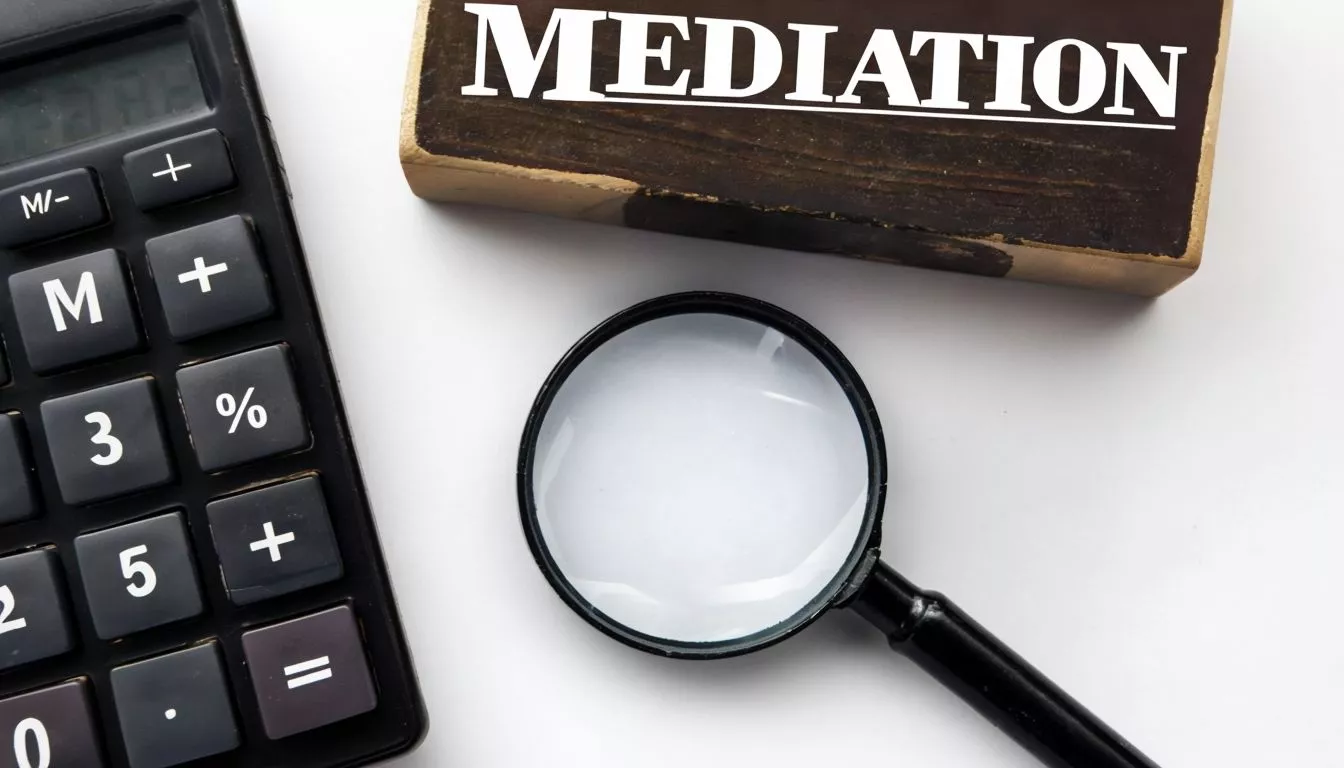 Education
Education
 Performing Arts
Performing Arts
 Equipment
Equipment
 Marketing
Marketing
 IT and Programming
IT and Programming
 Graphics Design
Graphics Design
 Writing
Writing
 Culinary Arts
Culinary Arts
 Beauty
Beauty
 Sports
Sports
 Decor
Decor
 Business
Business
 English
English

In an increasingly complex world, conflicts are inevitable, whether they occur in workplaces, schools, or even within families. Mediation has emerged as an essential tool in addressing disputes, fostering dialogue, and facilitating peaceful resolutions. Mediation provides a structured, neutral environment where parties can discuss issues openly, working toward mutually beneficial solutions. For those seeking to deepen their understanding or embark on a career in mediation, it’s crucial to take lessons that offer practical skills and insights.
Mediation is a process where a neutral third party—the mediator—assists conflicting parties in reaching an agreement. Unlike courtroom litigation, mediation is often voluntary, confidential, and collaborative. Instead of imposing a solution, the mediator facilitates communication, helping parties find common ground. It is especially useful in cases where both parties want to maintain a relationship, such as business partners or family members, as it encourages open communication and empathy.
With increased awareness of mental health, emotional intelligence, and conflict resolution, the demand for skilled mediators is on the rise. Many people are turning to mediation to resolve conflicts efficiently and respectfully. Furthermore, organizations and educational institutions are recognizing the value of mediation training, offering opportunities for individuals to take lessons and acquire essential skills.
Mediation skills are now relevant across various fields, including business, law, education, healthcare, and social work. Professionals who take lessons in mediation are better equipped to manage conflicts, support team collaboration, and build stronger, more resilient work environments.
Successful mediation hinges on communication. Mediators must be skilled in active listening, verbal and non-verbal cues, and reflective questioning to facilitate dialogue effectively. By taking lessons in mediation, participants learn how to foster an open environment where everyone feels heard.
Mediation involves managing emotions, both one's own and those of others. Training in mediation enhances emotional intelligence, teaching mediators to recognize emotional cues and address them constructively. This is especially important in high-stress situations, where emotions can easily escalate conflicts.
Mediation encourages creative problem-solving, as the mediator often guides parties to think beyond initial positions to find deeper interests. Mediation training provides practical exercises that enhance critical thinking and problem-solving skills, enabling mediators to assist in identifying sustainable solutions.
Maintaining neutrality is vital to effective mediation. Taking lessons in mediation instills an understanding of bias, teaching mediators how to remain objective and refrain from imposing personal opinions.
Mediation is often a quicker and more affordable alternative to legal proceedings. By engaging in mediation, organizations save resources while resolving conflicts efficiently.
Confidential and Voluntary Unlike court cases, which become public records, mediation remains private. This confidentiality allows individuals to speak openly, increasing the chances of finding an agreeable solution.
Mediation seeks to restore relationships rather than sever them. In families, schools, or workplaces, mediation allows individuals to resolve disputes without sacrificing connections. For professionals, mediation training can be transformative, empowering them to lead collaborative efforts and foster a harmonious work environment.
Given the rising demand, many institutions now offer courses and certification programs in mediation. To gain a competitive edge, it's wise to take lessons from certified programs, which can provide both theoretical knowledge and hands-on experience. Some popular programs focus on specialized areas like family mediation, workplace mediation, and community mediation, allowing individuals to tailor their expertise to specific fields.
Courses typically cover topics such as conflict resolution theory, communication techniques, ethics in mediation, and practical role-playing exercises. By taking lessons, individuals gain valuable skills that prepare them for real-world mediation scenarios.
Mediation is not just a profession; it is a life skill that promotes empathy, patience, and problem-solving. Whether you are an HR professional, teacher, counselor, or a business executive, the ability to mediate can significantly enhance your interactions and outcomes in challenging situations. Taking lessons in mediation is an investment that equips you with the tools needed to navigate disputes, bring people together, and foster positive relationships.
For anyone interested in exploring this path, TutorsFlex offers a range of resources to help you learn, grow, and excel in the world of mediation. Start your journey today and unlock the power of mediation—a skill that benefits not only your career but also the communities you serve.